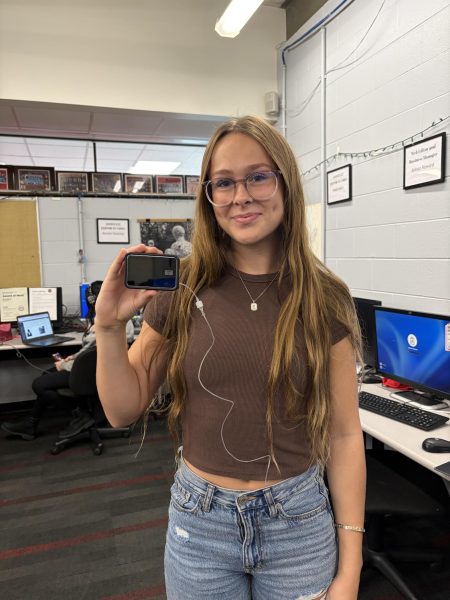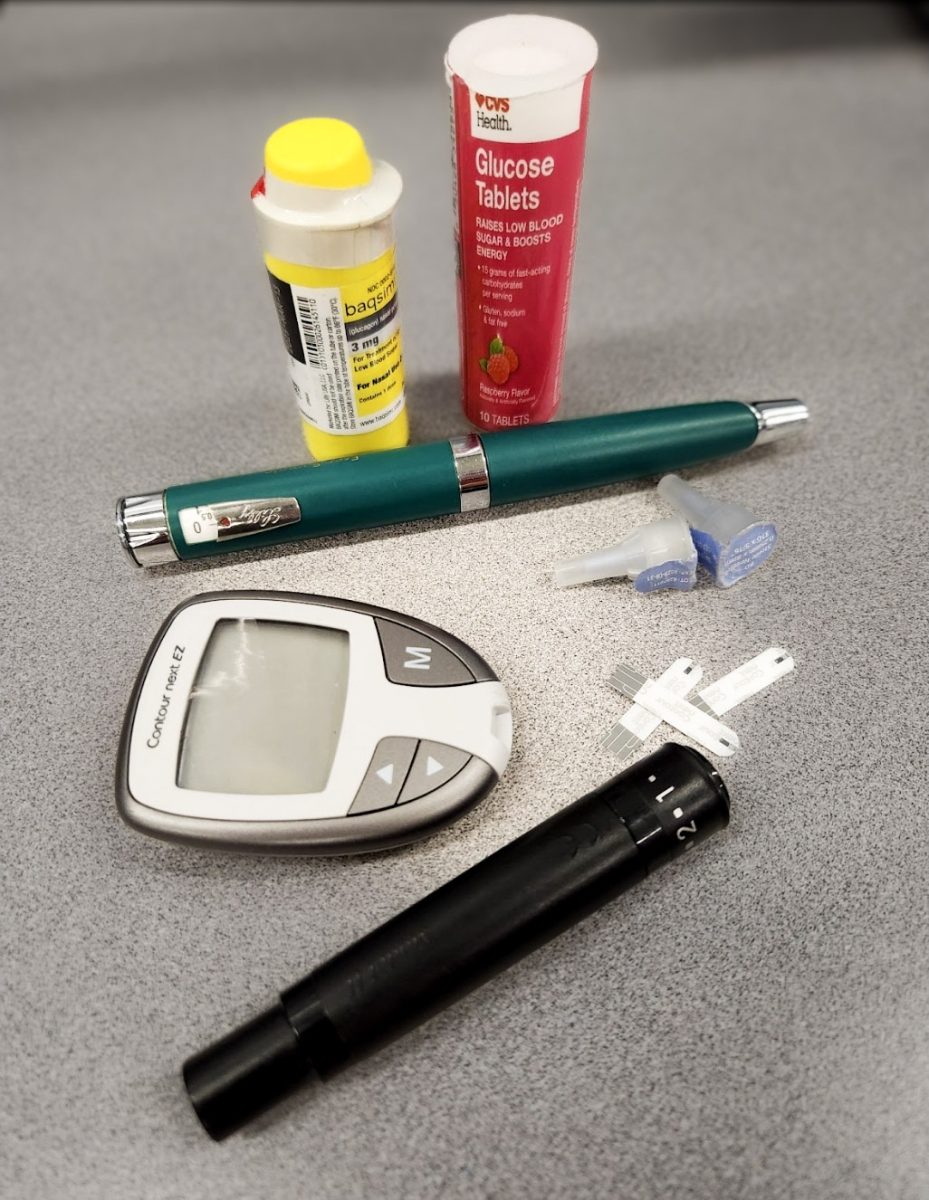Everyone, no matter what, should never feel judged for being in their own skin. Type 1 diabetes is a condition that affects me mentally and physically.
Diabetics are more liable to experience anxiety or depression caused by the constant decision-making in a day. This is known as diabetic burnout. Open access government shows that diabetics make 180-300 medical decisions a day. 180-300 decisions are not a lot, but when you consider all the everyday tasks people do, diabetics have those, while also stressing about their blood sugar. These decisions can cause stress, raise questions, and lead to constant worry.
Personally, I have found it hard to balance everyday tasks and diabetes. There are times when I stress about whether I made the right medical decision for myself, such as when I am at lunch and have to estimate how many carbs I am consuming, input them into my pump, and hope it is correct, which is very exhausting. Because of diabetes, I have caused myself and others so much stress and anxiety that it has made me an overwhelmed person and affected my routines.

The Department of Health and CDC show that Diabetics are 20% more likely to have anxiety and depression than others. Because of this, diabetics might start to take less care of themselves, which is very dangerous and can result in them going into diabetic ketoacidosis (DKA). DKA can occur when a diabetic’s blood sugar levels get too high. DKA is very serious and can lead to a coma.
I have personally experienced a couple of DKA episodes, simply due to minor accidents. An instance like this occurred at school, on my second day of freshman year, when I forgot to administer my insulin for lunch. It caused my number to spike, and I got sick at school. It is a pretty stressful experience, having to constantly worry about my number while being sick, trying to get my numbers to go back to normal, and I also had to skip school and worry about all my other everyday tasks and activities.
Diabetes has taken a toll on my life; it is challenging when my numbers fluctuate, as it affects my mood. Physically, it makes me nauseous, shaky, and dizzy, making me unable to focus or complete a task. There are times in class when I can not finish a task, causing me to miss important things. Diabetics go through this countless times a day.
Tiffany Taylor, a type 1 diabetic at Northwest High School, finds it important for peers to be aware of diabetes so they can detect when her numbers or others’ fluctuate. Tiffany also brought to my attention that insurance has caused her issues in the past, which led her to go without her needed devices. This is very unsafe and can lead to constant stress and anxiety. Awareness of diabetes needs to be spread so people can put an end to these issues.
“I can not do things the same as other people. If I wanted to get into the hot tub with my friends and have a Dexcom on my back, I get a lot of anxiety about that,” said Taylor.
Expert Dr. Emily Walker, a basic science researcher at the University of Michigan, who is interested in finding treatments for type 1 and type 2 diabetes, sees the struggles diabetics go through. Walker has always been interested in science and has sought to understand why and how things occur at the molecular level.
“I became interested specifically in diabetes because it’s a widespread disease that people have been studying for a long time, but we still haven’t figured out how to cure it,” said Walker.
And works very hard to find a cure for diabetes. Walker also wants to spread awareness of diabetes so that more unwell people can identify how or why they need to be treated, and can help fewer people suffer. This helps by knowing that others see our struggles and are doing something to try to help us. It makes me excited to see others care about this condition, because that means more people are becoming aware and are trying to help. It is very important to spread awareness to help people detect their illness!
Spreading awareness of diabetes is significant to help diabetics feel less judged about themselves. Whether it’s from devices, taking injections, bringing little snacks with them, being aware of what we go through helps more than people think. No one should ever feel judged for being themselves. When people just show their support, it means so much. It makes me feel seen and heard. This applies to diabetes, but it’s a general principle that applies to everything. People never really know what’s going on with others.



